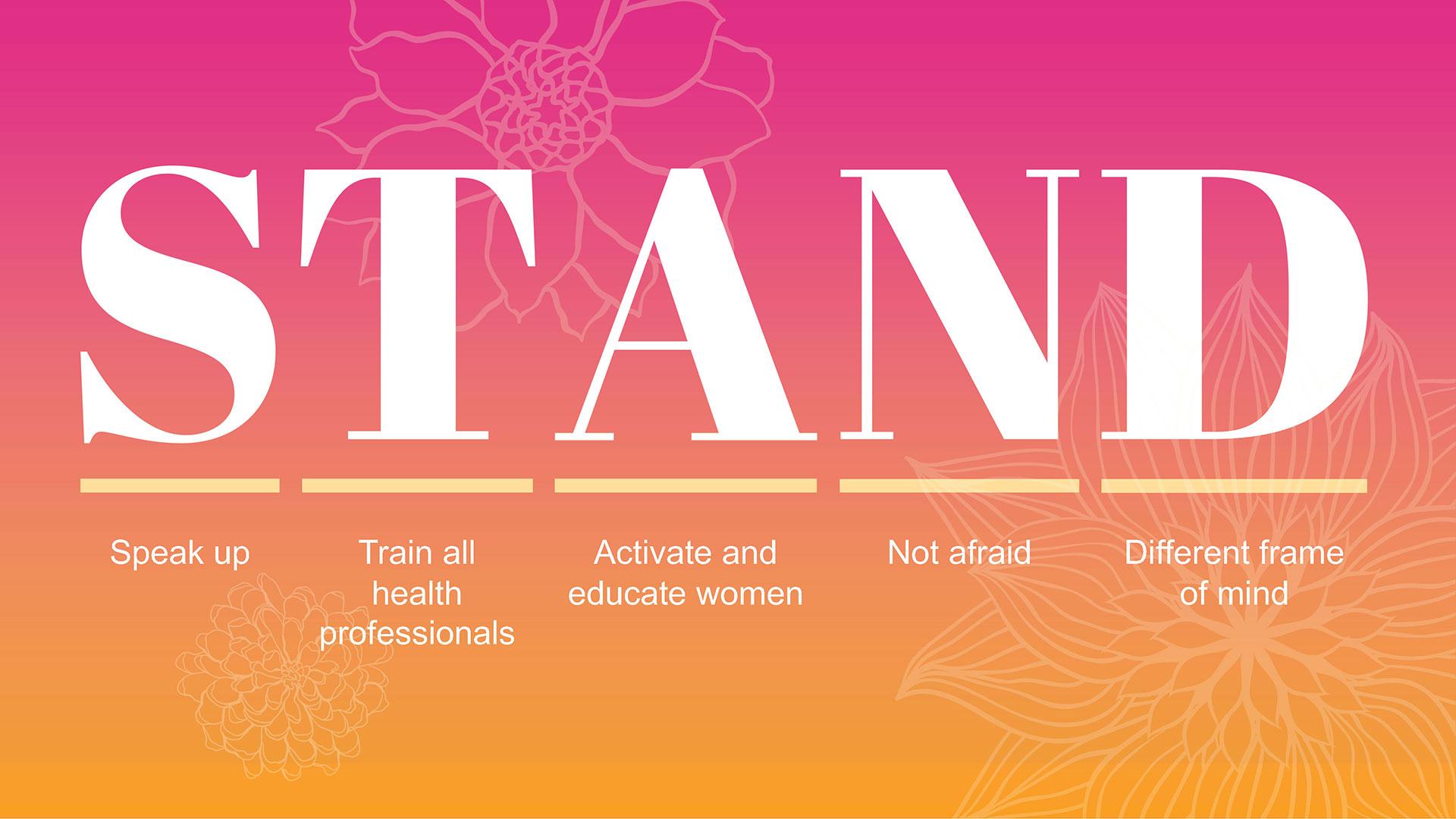Women’s Health
HerStory: Claiming Our Power and Resilience
Your unborn child and future children need you. You are their source.
According to Delaware data, babies born to Black mothers are 2.7 times more likely to die before their first birthday than babies born to White mothers. Black women in the U.S. also suffer from life-threatening pregnancy complications twice as often as White women. They die from pregnancy-related complications four times as often as White women.
In Delaware, about 40% of women who died from pregnancy-related causes also had a serious mental health condition.
We must change this.
The health profile of the United States reflects persistent inequities in health, and the First State is not immune to those inequalities. But Delaware has a team working to create change. Let your voice join the team. Karyl Rattay, MD, MS, FAAP, understands that systematic improvements need to happen.

As Black women, we must be proactive.
“Whether intentional or unconscious, racism persists at the individual and institutional levels, and is harmful to the health of mothers and babies, men and women, and your neighbors as well as mine, across our state.”

You are not alone in your journey.
There are other women patients like you, as well as providers and community advocates, who are using their voices to bring awareness. Listen to these women, who felt they were unheard and expressed receiving substandard treatment by their provider due to the race-norming tendencies in the medical field. Together, we can stop this inequality by drawing attention to implicit biases, so they can be treated with mindfulness and not assumptions.
Listen to their stories and be inspired to share your story, too. Your truth can create change.
Cierra discusses her battle with severe anxiety and talks about her plans to get ahead of her condition before having children.
Alisha shares her experience with feeling unheard/unseen by her providers and how important it is to advocate for yourself.
Shyanne and Alisha emphasize the importance of being your own health care advocate.
Shyanne expresses her frustration with being unheard during the care she received during and after childbirth.
Cierra talks about how to be proactive with your maternal health. She encourages you to take control and be healthy before planning to have a family. You can take charge of your own health.
Delaware State Representative Melissa Minor-Brown and Dr. Lee discuss how biases such as racism, social status, and lack of access to quality food, health care, and education impact the rates of death from poor maternal health.
Hear from health care providers, patients, and Delaware State Representatives, as they discuss the maternal health experiences of Black women historically and offer strategies and solutions to improve their quality of care.
Black women discuss their health journeys, feelings of being disregarded by their providers, and Black maternal health-related complications during pregnancy and postpartum.
Raise your voice and join them.
Spread their stories and amplify their voices by sharing any of these videos, or even your own personal story. Truth is a powerful tool. Share yours. Use the hashtag #HerStoryDE.
Education and Advocacy
Listen to women, every time — before, during, and after pregnancy.
This will take all of us working together. Where do you begin? You are your biggest advocate. Do your own research, investigate, ask questions, and know your options. Start the conversation by talking with your community providers and health care providers.
At your annual visit, you can discuss topics such as:
Pregnancy intention Maintaining a healthy body weight Substance use Taking multivitamins Medications Chronic conditions Your mental health Healthy relationships Vaccinations
Your annual well-woman visit is a great place to start.
To maintain optimal health, it is important to visit your health care provider every year. This is your well-woman visit. It is a time for you to talk about your health concerns with your provider. For many of us, this is a free visit, covered by most health care plans. You can schedule an appointment with your health care provider.
Your provider is your partner in health. As a tip, before your visit, write down any questions or concerns that you have. Want to plan out your well-woman visit? Our infographic has topics that are generally covered in an annual visit. It can help you prepare for your visit.
Don’t hesitate. Schedule your annual well-woman visit now. This is the time.